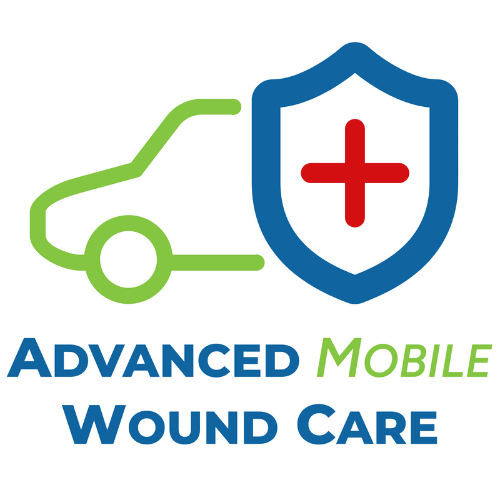Understanding Senior Wound Care Risks and Why Early Treatment Matters
It’s easy to overlook a small cut or scrape, but for seniors, even minor wounds can become serious health threats if left untreated. Aging skin is thinner, circulation is often reduced, and chronic conditions like diabetes can make healing slower and more complicated. Without proper care, small wounds can quickly escalate into infections, sepsis, or even amputation.
For caregivers and assisted living staff, recognizing the risks and taking preventive steps can mean the difference between a smooth recovery and life-threatening complications.
Infection: The First Warning Sign
One of the biggest risks of untreated wounds in seniors is infection. As the body ages, the immune system weakens, making it harder to fight off bacteria. What starts as a simple wound can develop into cellulitis, an abscess, or even a deep tissue infection if not properly cleaned and treated.
Watch out for these signs of an infected wound:
- Redness, warmth, or swelling around the wound
- Increased pain or tenderness
- Drainage of pus or foul-smelling fluid
- Fever or chills
If any of these symptoms appear, seek prompt medical attention. Delaying treatment can allow the infection to spread, leading to more severe complications. Our mobile wound care team provides expert, in-home treatment to address infections early and prevent further health risks—contact us today to see if advanced wound care might be right for you.
Sepsis: When Infection Becomes Life-Threatening
When a wound becomes infected and isn’t treated properly, the consequences can extend far beyond the skin. In some cases, the infection can spread throughout the body, triggering a dangerous chain reaction known as sepsis. Sepsis occurs when the body’s response to infection goes into overdrive, causing widespread inflammation that can damage tissues and organs. If not treated quickly, it can progress to septic shock, where blood pressure drops dangerously low, leading to organ failure and, in severe cases, death. Seniors are particularly vulnerable because their immune systems may not respond as aggressively to infections, making the early warning signs subtle and easy to miss. What starts as a simple wound infection can escalate rapidly, which is why prompt medical care is critical.
Warning signs of sepsis include:
- Confusion or disorientation
- Rapid heart rate or breathing
- Extreme fatigue
- Fever or dangerously low body temperature
Since sepsis progresses quickly, untreated wounds that show signs of infection should never be ignored. Immediate medical care is essential to prevent serious complications.
Amputation Risks from Non-Healing Wounds
For seniors with diabetes, vascular disease, or poor circulation, wounds—especially on the feet and legs—often struggle to heal. Over time, these wounds can develop into chronic ulcers, which, if untreated, can result in tissue death (gangrene) and the need for amputation. In fact, in just the U.S., more than 160,000 diabetics will undergo amputation each year!
Preventing non-healing wounds is crucial. Proper wound care, regular skin checks, and professional intervention can help avoid the devastating impact of limb loss.
Preventing Wound Complications in Seniors
Caregivers and assisted living staff can take several steps to minimize the risks associated with senior wounds:
- Daily skin checks – Look for cuts, pressure sores, or signs of irritation, especially on the feet, legs, and bony areas.
- Prompt wound care – Clean wounds immediately with mild soap and water, apply an antibiotic ointment, and cover with a sterile dressing.
- Encourage mobility – Prolonged pressure on the skin can cause bedsores. Repositioning seniors frequently and promoting movement can reduce risks.
- Manage chronic conditions – Keeping diabetes and circulation issues under control helps improve healing times.
- Seek professional care for slow-healing wounds – If a wound isn’t improving within a few days or shows signs of infection, professional wound care is essential.
Even minor wounds can have major consequences for seniors if left untreated. Caregivers and healthcare providers play a vital role in recognizing the risks, taking immediate action, and ensuring proper wound management. If you’re caring for a senior with a slow-healing or chronic wound, our mobile wound care team can help. We provide expert, in-home treatment to reduce complications and improve healing outcomes. Services are frequently covered by insurance, reducing your out of pocket costs, while ensuring your loved ones is put on a path to start healing today! Contact our patient care team to learn more.





